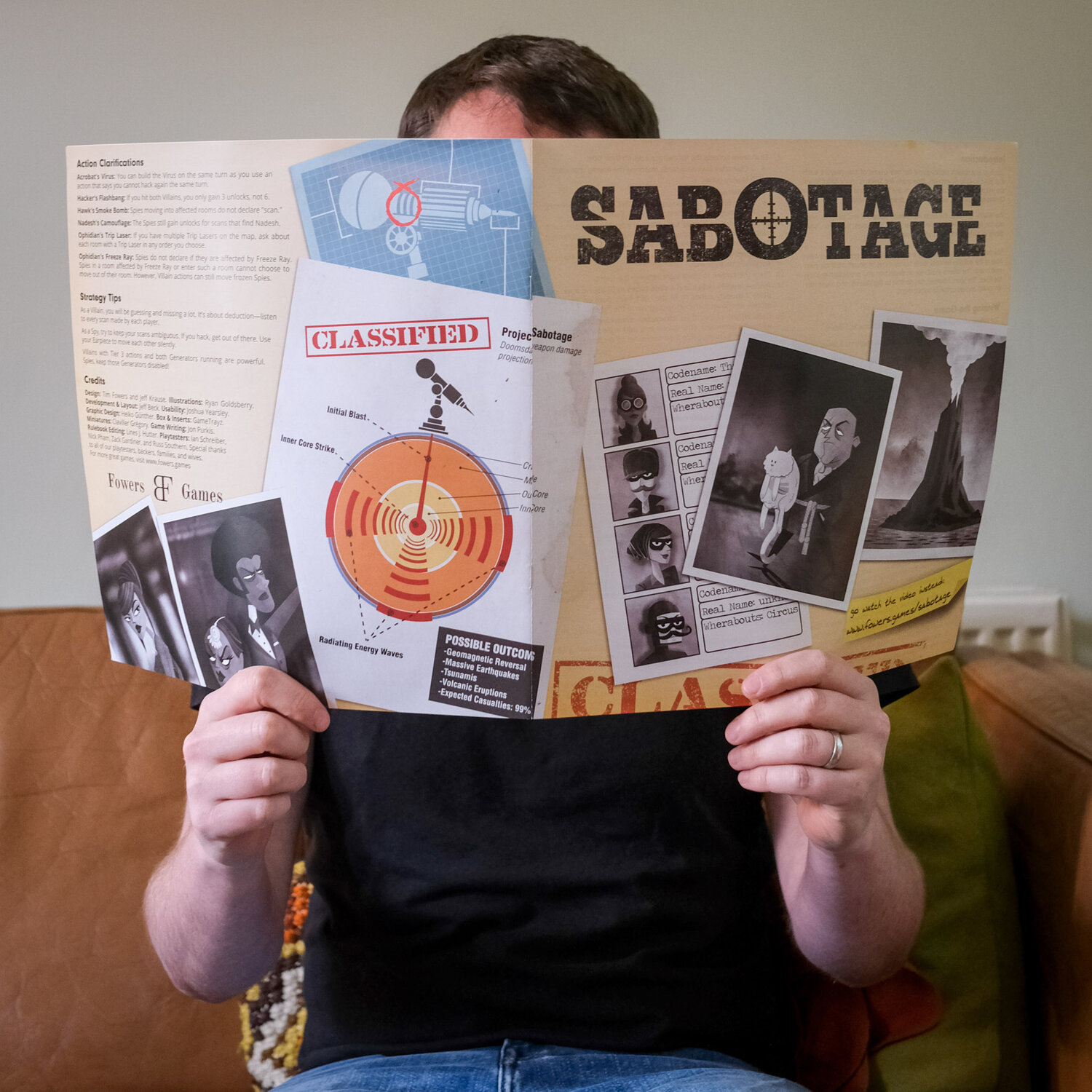Introduction by Congress of Vienna Assistant Designer/Editor, Fred Schachter – The currently available Congress of Vienna Vassal Module may be found at Congress of Vienna Goes Electric, 2025 Edition (with VASSAL!) – InsideGMT,
While this Module certainly works, and works just fine, as many of its users will attest, feedback indicated there is room for improvement… to make electronically playing Congress of Vienna an even better game playing experience!
The CoV Vassal Team is fortunate to now have the Vassal programming talents of Fredrik Lindner and Mark Benson, who are building upon the current Module developed by Joel Toppen and CoV Designer Frank Esparrago. It’s my pleasure to here introduce them and their good efforts to the InsideGMT audience.
However, as there are many within our beloved hobby who prefer a physical game, sitting around a “table of rivals” with all the fun and excitement that entails, your support of Congress of Vienna’s P-500 Second Printing would certainly be appreciated. To learn more of that offering, as well as access a vast array of Congress of Vienna material, see: GMT Games – Congress of Vienna, 2nd Printing
With that, matters are now turned over to Mark & Fredrik!
The CoV Vassal Module Fred above references enabled us to enjoy the game virtually, ensuring us wonderful times playing the current Congress of Vienna Vassal Module, whether as one of the Sixth Coalition’s Major Allied Powers or as the “Corsican Ogre” himself: Napoleon, emperor of the French! However, we’re inveterate “tinkerers” and, as we gained more experience with the game, could not resist suggesting program enhancements. Therefore, we reached out to Frank Esparrago and Fred Schachter to volunteer our enthusiasm and computer programming help… not only for our own sakes, but for all those who enjoy via Vassal Frank’s wonderful Congress of Vienna design (inspired by Mark Herman’s Churchill).
The core CoV Team meets each weekend with representatives, not all of whom are present every session, from the UK, Sweden, Spain, and various USA locations from the east to west coasts to playtest our Vassal Programming efforts, dubbed CoV Vassal Module Mark 2. That’s been fine to an extent… but we now need and would greatly appreciate input from more fellow Congress of Vienna gamers before this latest Module can be confidently ready for public release to replace Module Mark 1.
A number of volunteers have already come forth through a BGG (Board Game Geek) solicitation and it would be grand if more could flock to the CoV Vassal Module Mark 2 playtest volunteer banner from InsideGMT’s audience.
To that end, those interested in contributing, and hopefully having a blast playing Congress of Vienna with its latest Vassal Module, whether multi-player or solitaire, are urged to respond to: New Vassal Module – Playtesters Wanted (2p/3p/4p/Solo) | BoardGameGeek
As something of a teaser, here are selected screen shots from CoV Vassal Module Mark 2. Thanks in advance to those responding to this solicitation. Enjoy Congress of Vienna!



Note the change in orientation which now emulates the physical game as players preferred scrolling between the Diplomacy and Military Map Sections enabling better visibility. Leader card images are now at each Major Power’s Seat (face-up to indicate availability). Pop Ups explain each gameboard component as well as enlarge them for easier reading. Automatic placement capabilities have been introduced in many areas, as a complement to traditional ‘click and drag’ interactions. This, of course, speeds up the pace of play.








